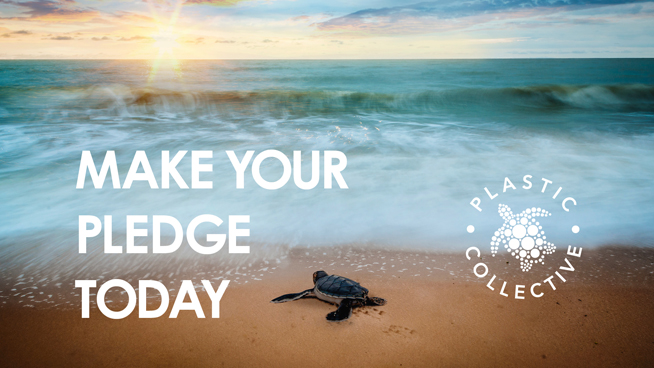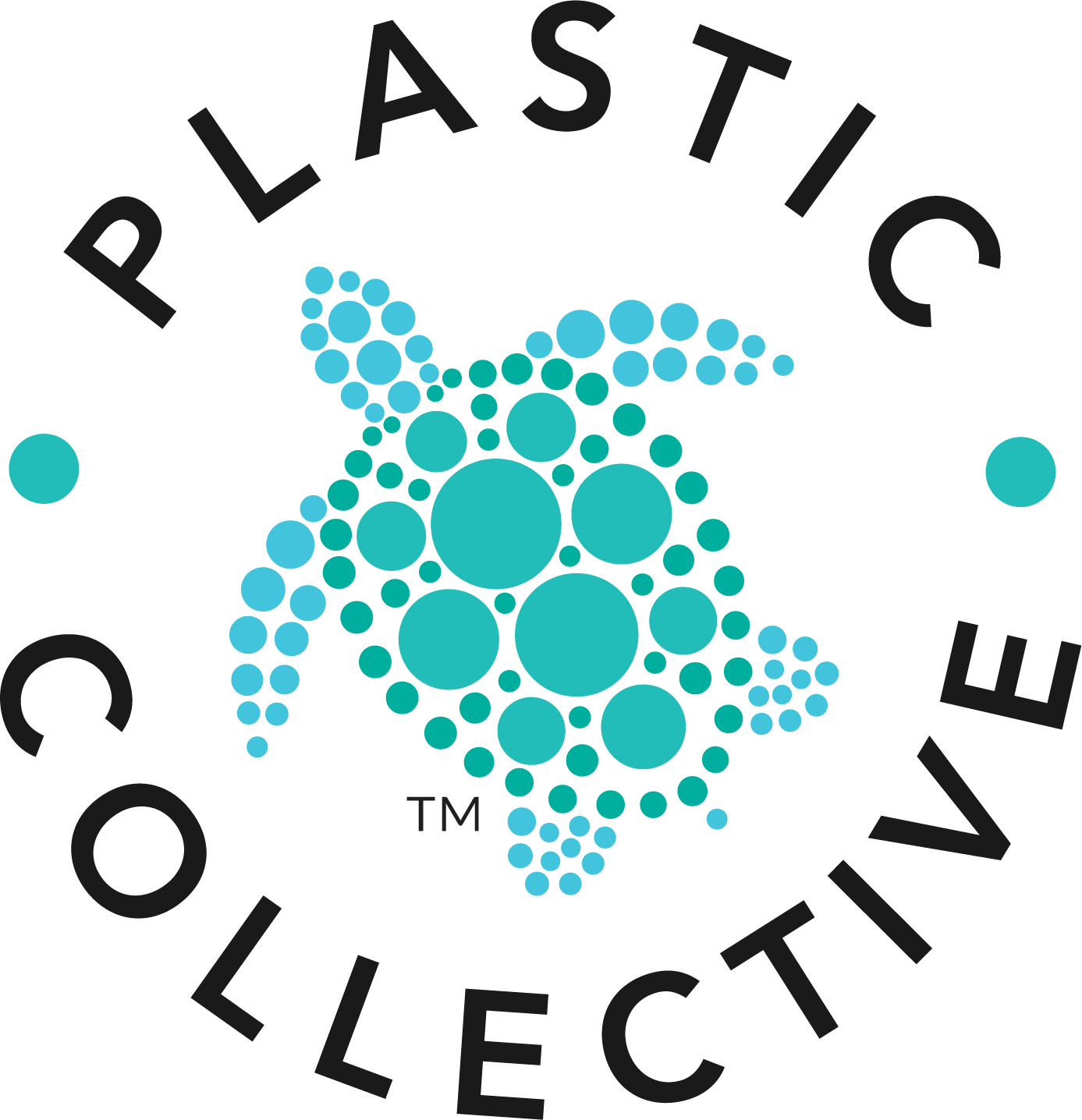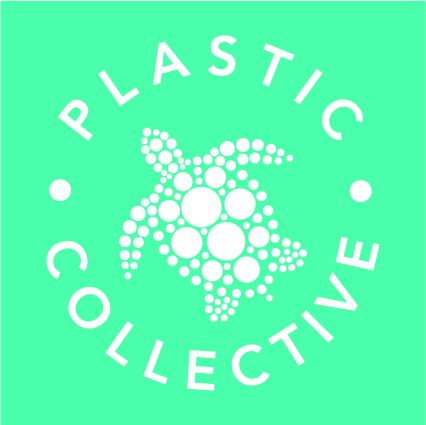Become a Plastic Neutral Citizen to Offset Your Plastic Footprint Today and Help Remote and Vulnerable Communities
PLASTIC NEUTRAL
US$55 per year
[AUD$78, GBP£44, EUR€49]
Stop plastic waste!
Help remove and upcycle 53kg of plastic waste to make you Plastic Neutral
PLASTIC POSITIVE
US$110 per year
[AUD$156, GBP£88, EUR€98]
Want to do more?
Help remove and upcycle 106kg of plastic waste to make you Plastic Positive
PLASTIC AWESOME
US$220 per year
[AUD$312, GBP£176, EUR€196]
Don’t stop now!
Help remove and upcycle 212kg of plastic waste to make you Plastic Awesome
In just one year, 396 million metric tonnes of plastic was consumed globally. That’s an average of 53 kilograms of plastic per person destroying communities and polluting our oceans and the environment. So what can you do about this?
We have launched our Plastic Neutral program to help you become a Plastic Neutral citizen and reduce your own plastic footprint.
When you become a Plastic Neutral citizen you offset your 53kg plastic footprint and help set up a plastic recycling facility in a remote and vulnerable community!
Often forgotten by the rest of the world, these communities struggle to hold back the tide of plastic waste engulfing their environment. Your Plastic Neutral Pledge will provide education, machinery and training to operate a sustainable plastic recycling micro-enterprise.
You help them create economic opportunity and they’ll help you through the targetted collection of 53kg of plastic waste on your behalf, offsetting your plastic footprint and making you Plastic Neutral.
You have the power to keep plastics out of our oceans and we have the communities waiting to help you do it. Working together we can solve the plastic waste epidemic. For less than $5/month you can help them help you become a Plastic Neutral citizen. Pledge your support today!

Our purpose at Plastic Collective is to show people how to find value in plastics as a resource, to understand which plastics can be recycled or recovered, and provide solutions to eliminate those which can’t be, thus preventing disposal of plastics. This will create sustainable circular economies which no longer rely on the ‘take-make-dispose’ attitude.

